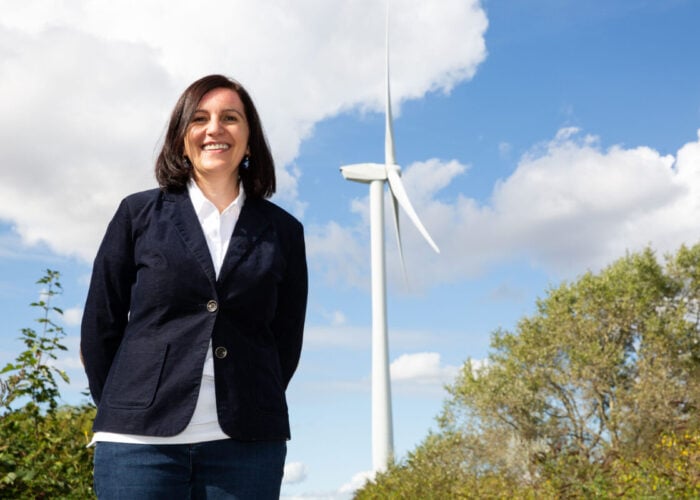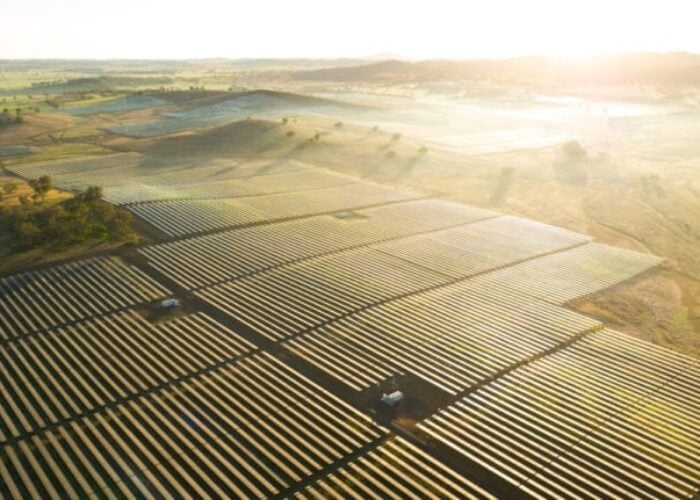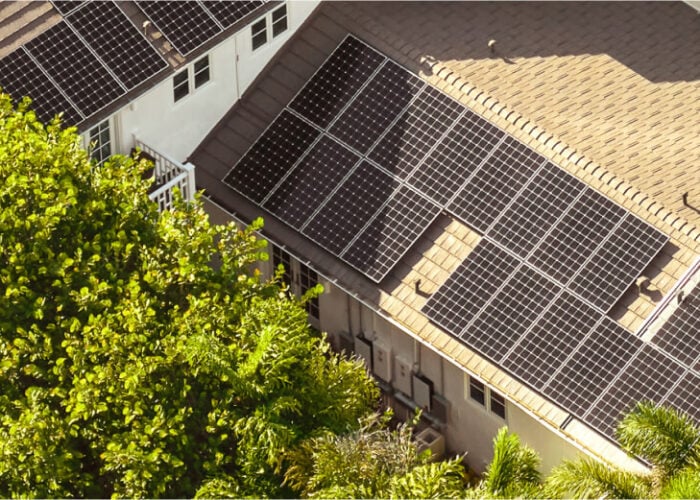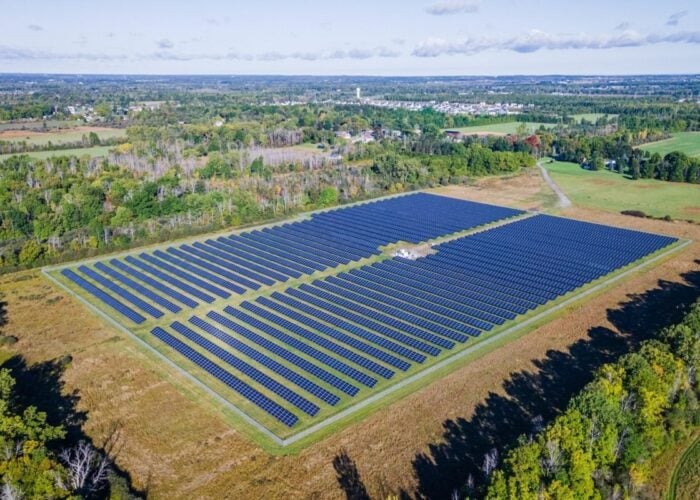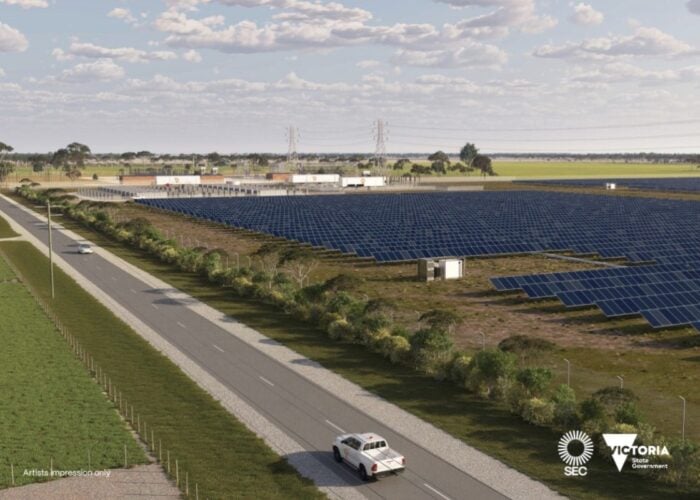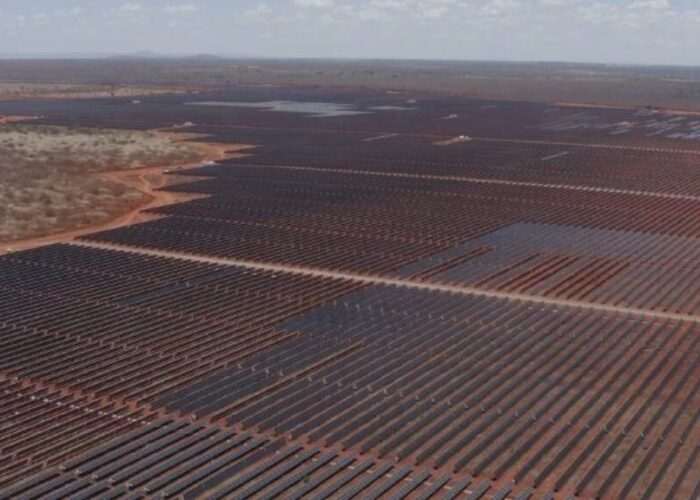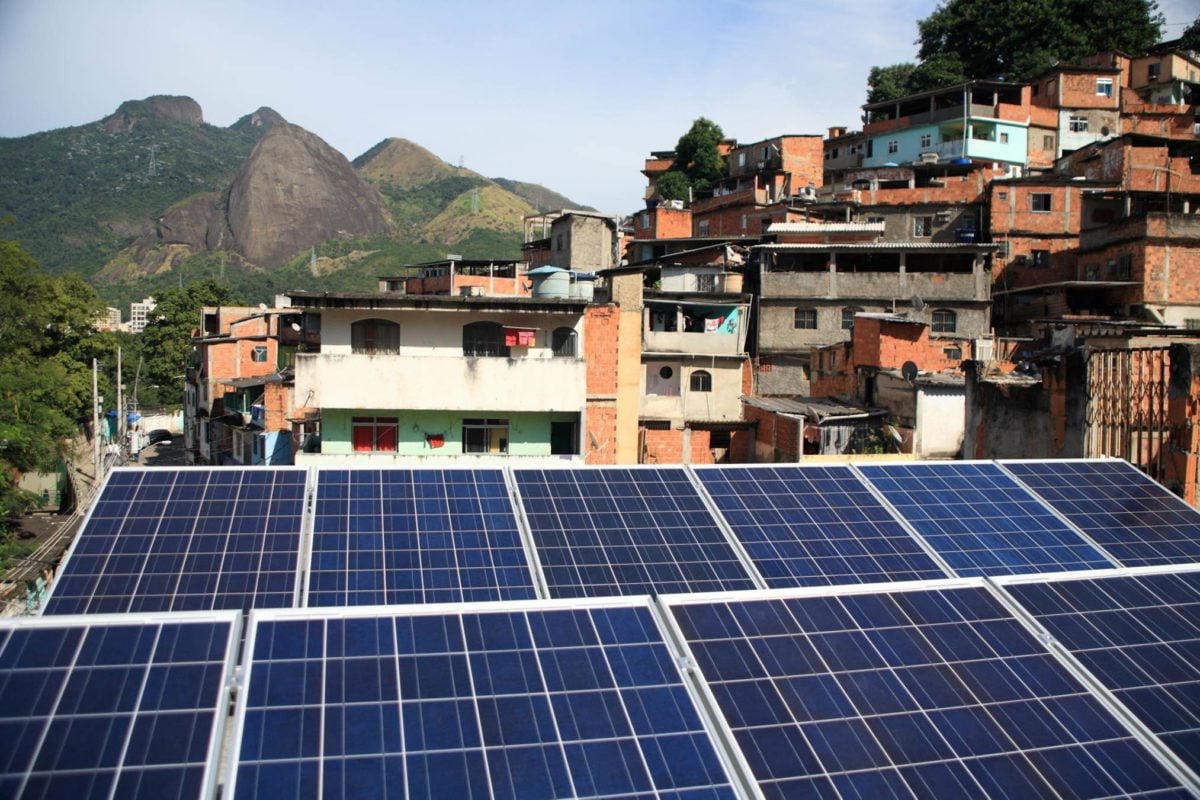
Brazil’s energy regulator National Electric Energy Agency (ANEEL) has approved an “historic” revision of the country’s net metering scheme for small-scale renewable energy systems, making it amongst the most forward-thinking countries in this sector, according to Rodrigo Sauaia, the director of Brazil’s solar industry association, Absolar.
The revision, which has been scheduled since the net metering regulations were first implemented several years ago, came about after the realisation that the number of installed small-scale distributed generation energy systems is still relatively small compared to Brazil’s potential.
Unlock unlimited access for 12 whole months of distinctive global analysis
Photovoltaics International is now included.
- Regular insight and analysis of the industry’s biggest developments
- In-depth interviews with the industry’s leading figures
- Unlimited digital access to the PV Tech Power journal catalogue
- Unlimited digital access to the Photovoltaics International journal catalogue
- Access to more than 1,000 technical papers
- Discounts on Solar Media’s portfolio of events, in-person and virtual
There are currently 1,300 installed systems connected to the grid of which 96% is solar PV, said Sauaia.
Under the revision, Brazil now has ‘virtual net metering’, which means any company or consumer can install an energy system at different points of electricity use and still get credits, which can be used to abate consumption costs on another unit.
Sauaia said this was already in place, but the revision clears up areas of doubt as companies and subsidiary companies are now able to share their energy under net metering.
He added: “This scheme has been fundamental for the growth of PV in small-scale in several parts of the US and in other countries.”
Credits are now also valid for five years instead of three years.
Furthermore this “landmark” revision from ANEEL creates a new business opportunity; now any group of clients can invest together in a single PV system for example and receive a share of the electricity generated and reduce their consumption from the grid, at a level proportional to the financial resources each entity has invested in the system.
Sauaia said: “This is an important way to give scale and to multiply interests in distributed solar.”
Systems up to 5MW can now also participate in the net metering scheme, up from just 1MW previously.
Finally Sauaia said there have been beneficial structural changes in the distribution area. Now the 63 distribution companies in Brazil will have three different power classes with three different standardised forms that will be used throughout the whole country.
Sauaia added: “In this way Brazil is also cutting the red tape significantly by standardising procedures for connecting the systems and for making new requirements for connections into the grid.”
There is now also a provision that the subscription processes for net metering systems delivered by distribution companies must only be done online and digitally by 2017, which will increase speed and reduce costs for all parties involved.
ANEEL predicts around 1.2 million consumer units will be installed in Brazil by 2024, totaling 4.5GW of installed capacity.
Sauaia concluded: “This is a massive improvement to the net metering system, incorporating several of the international best practices and this puts Brazil really into the forefront of public regulations in support of the development of small-scale renewable energy connection to the grid.”
“It also shows that Brazil as a government is starting to put into action what it has been sharing as words in preparation to COP21. Therefore the country is not only committing to reducing its carbon footprint and emissions but it is also putting plans into action that will make this happen.”
Over the last six months Brazilian states have gradually started to introduce an ICMS tax exemption for net metering from distributed generation solar PV. Rio de Janeiro became the seventh state to do this earlier this month.

